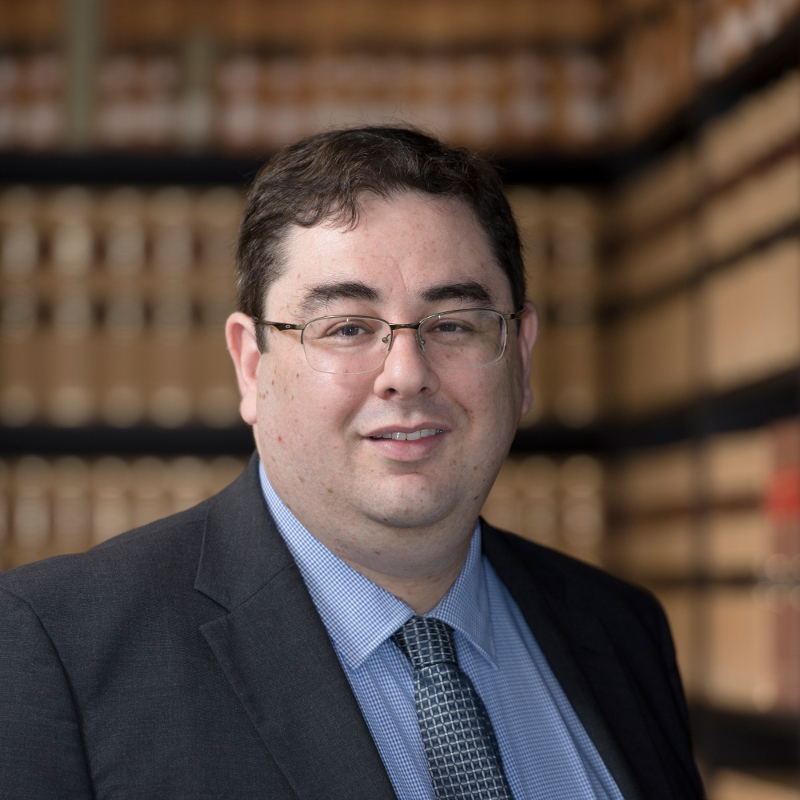 Through the good offices of the Australian Embassy to the Vatican, and the recommendation of Ambassador Tim Fischer, I met with Mons. Paul Tighe at the Vatican. Counsellor Michael Sullivan from Australia’s Embassy to the Vatican arranged and participated in what was a very productive and enlightening meeting.
Through the good offices of the Australian Embassy to the Vatican, and the recommendation of Ambassador Tim Fischer, I met with Mons. Paul Tighe at the Vatican. Counsellor Michael Sullivan from Australia’s Embassy to the Vatican arranged and participated in what was a very productive and enlightening meeting.
Mons. Tighe is the Secretary to the Pontifical Council for Social Communications. We discussed the issues of antisemitism 2.0 and the way the internet can create a value free environment. In such an environment racism and hate can be seen as acceptable when the same material would be universally condemned back in the real world.
We discussed the monitoring of online antisemitism and the need for a holistic and international approach. The problems of language barriers and the need for local knowledge was also discussed. I presented some of my research to Mons. Tighe, an dhe in turn shared a statement from the Pope on the occasion of the 43rd World Day of Communication (2009).
The statement says in part: “[R]eflecting on the significance of the new technologies, it is important to focus not just on their undoubted capacity to foster contact between people, but on the quality of the content that is put into circulation using these means. I would encourage all people of good will who are active in the emerging environment of digital communication to commit themselves to promoting a culture of respect, dialogue and friendship.
Those who are active in the production and dissemination of new media content, therefore, should strive to respect the dignity and worth of the human person. If the new technologies are to serve the good of individuals and of society, all users will avoid the sharing of words and images that are degrading of human beings, that promote hatred and intolerance, that debase the goodness and intimacy of human sexuality or that exploit the weak and vulnerable.”
This statement gets to the core of the issue, namely, the need for online social values. These values should not be entirely related to new developments, but should also incorporate the values society had developed over millennium. The huge strives forward in the area of universal human rights are particularly suitable for adopted into a global online culture.
The Vatican is aware of the potential good the internet can bring, but also the harm that can result if the technology is abused. Their message is one of engagement, and encouraging individuals to do their part to restore a sense of balance in the online world. It is a message well worth considering and sharing.
Through the good offices of the Australian Embassy to the Vatican, and the recommendation of Ambassador Tim Fischer, I met this afternoon at the Vatican with Mons. Paul Tighe.
Mons. Tighe is the Secretary to the Pontifical Council for Social Communications. We discussed the issues of antisemitism 2.0 and the way the internet can create a value free environment. In such an environment racism and hate can be seen as acceptable when the same material would be universally condemned back in the real world.
We discussed the monitoring of online antisemitism and the need for a holistic and international approach. The problems of language barriers and the need for local knowledge was also discussed.
Mons. Tighe shared a statement from the Pope on the occasion of the 43rd World Day of Communication (2009). The statement says in part:
“[R]eflecting on the significance of the new technologies, it is important to focus not just on their undoubted capacity to foster contact between people, but on the quality of the content that is put into circulation using these means. I would encourage all people of good will who are active in the emerging environment of digital communication to commit themselves to promoting a culture of respect, dialogue and friendship.
Those who are active in the production and dissemination of new media content, therefore, should strive to respect the dignity and worth of the human person. If the new technologies are to serve the good of individuals and of society, all users will avoid the sharing of words and images that are degrading of human beings, that promote hatred and intolerance, that debase the goodness and intimacy of human sexuality or that exploit the weak and vulnerable.”
This statement gets to the core of the issue, namely, the need for online social values. These values should not be entirely related to new developments, but should also incorporate the values society had developed over millennium. The huge strives forward in the area of universal human rights are particularly suitable for adopted into a global online culture.
The Vatican is aware of the potential good the internet can bring, but also the harm that can result if the technology is abused. Their message is one of engagement, and encouraging individuals to do their part to restore a sense of balance in the online world. It is a message well worth considering and sharing.
